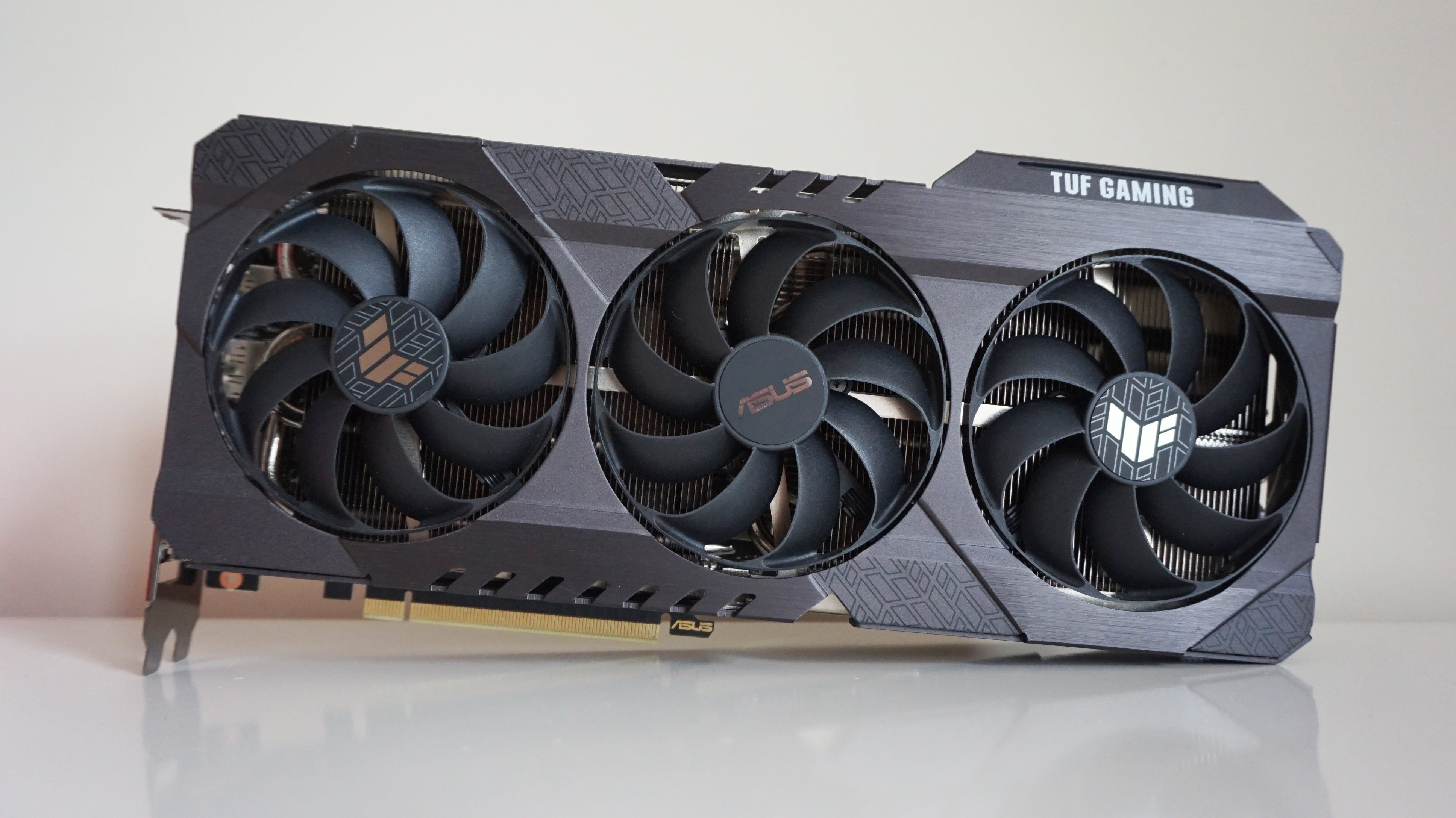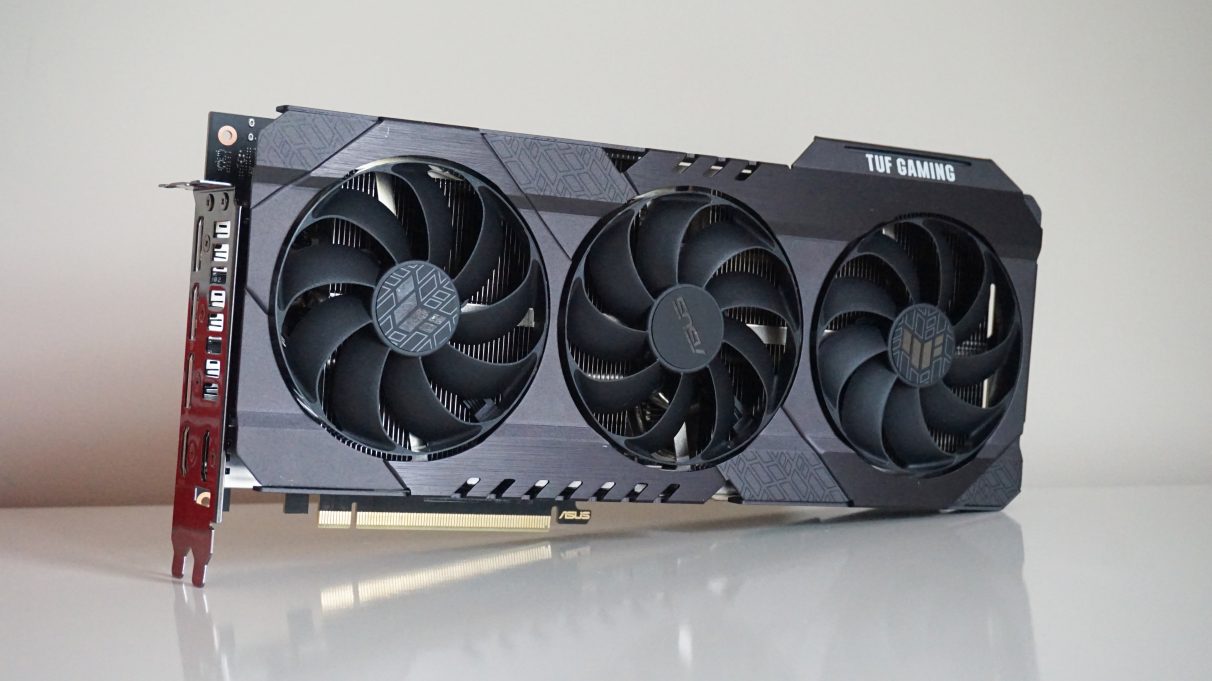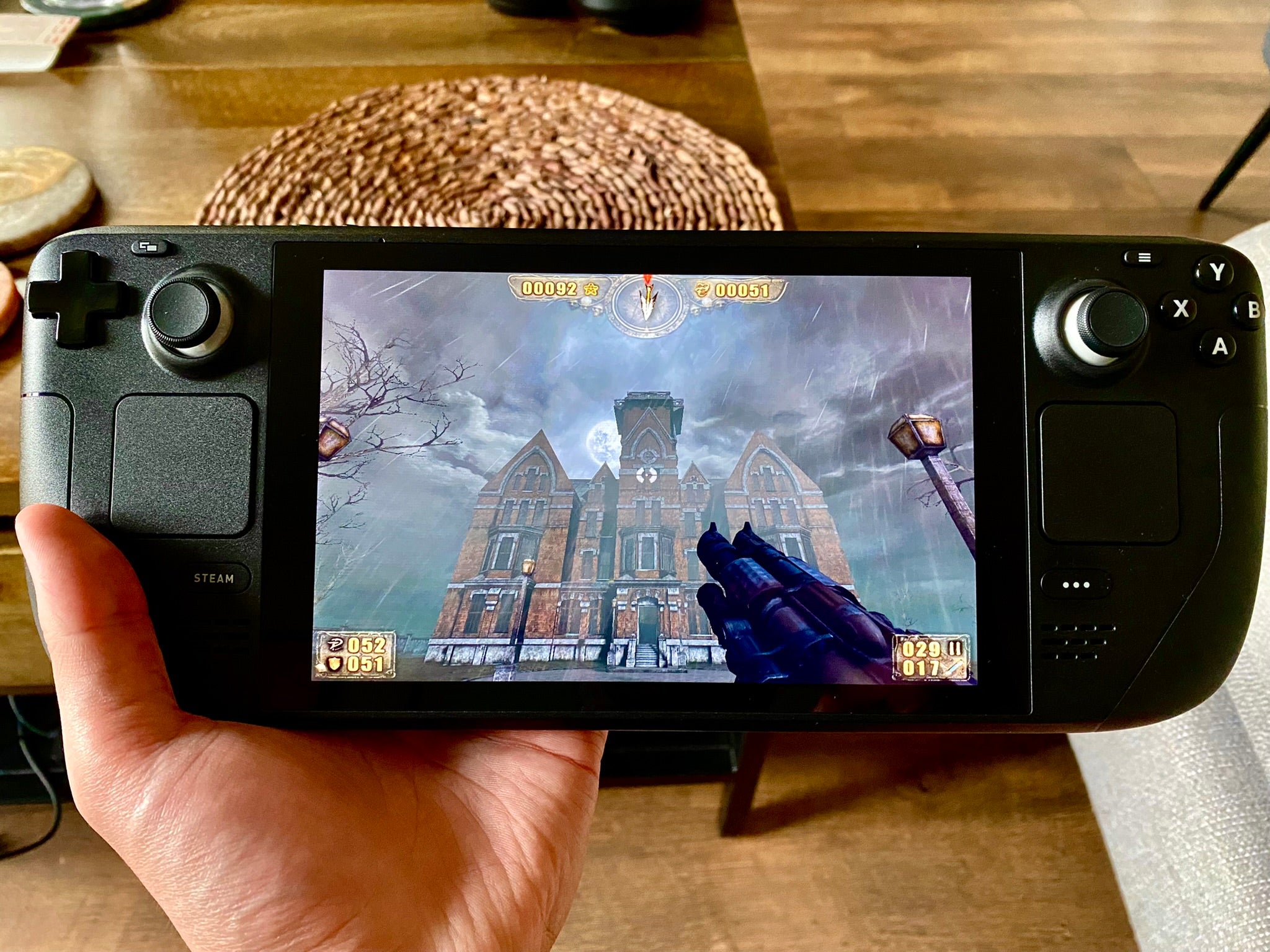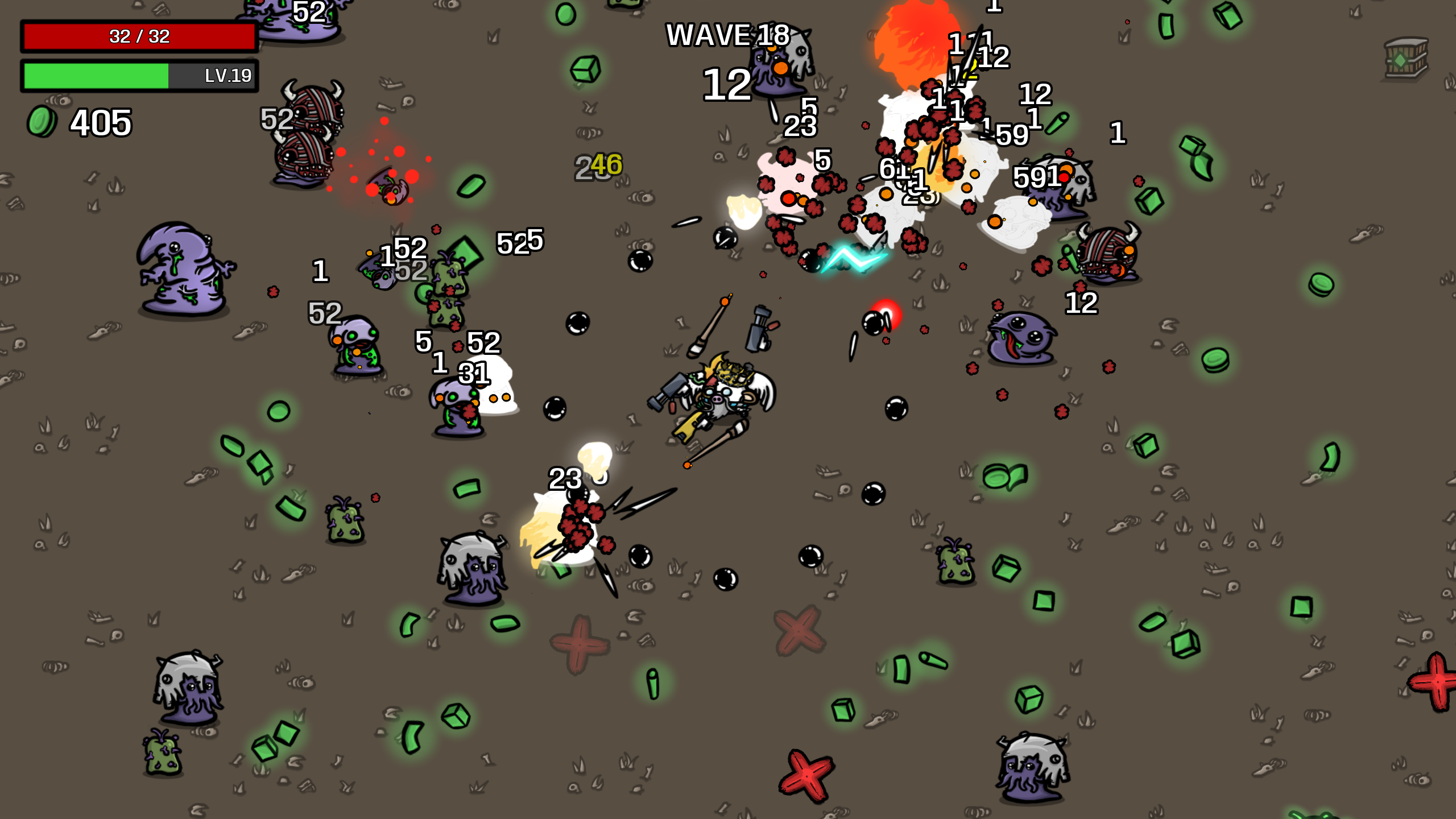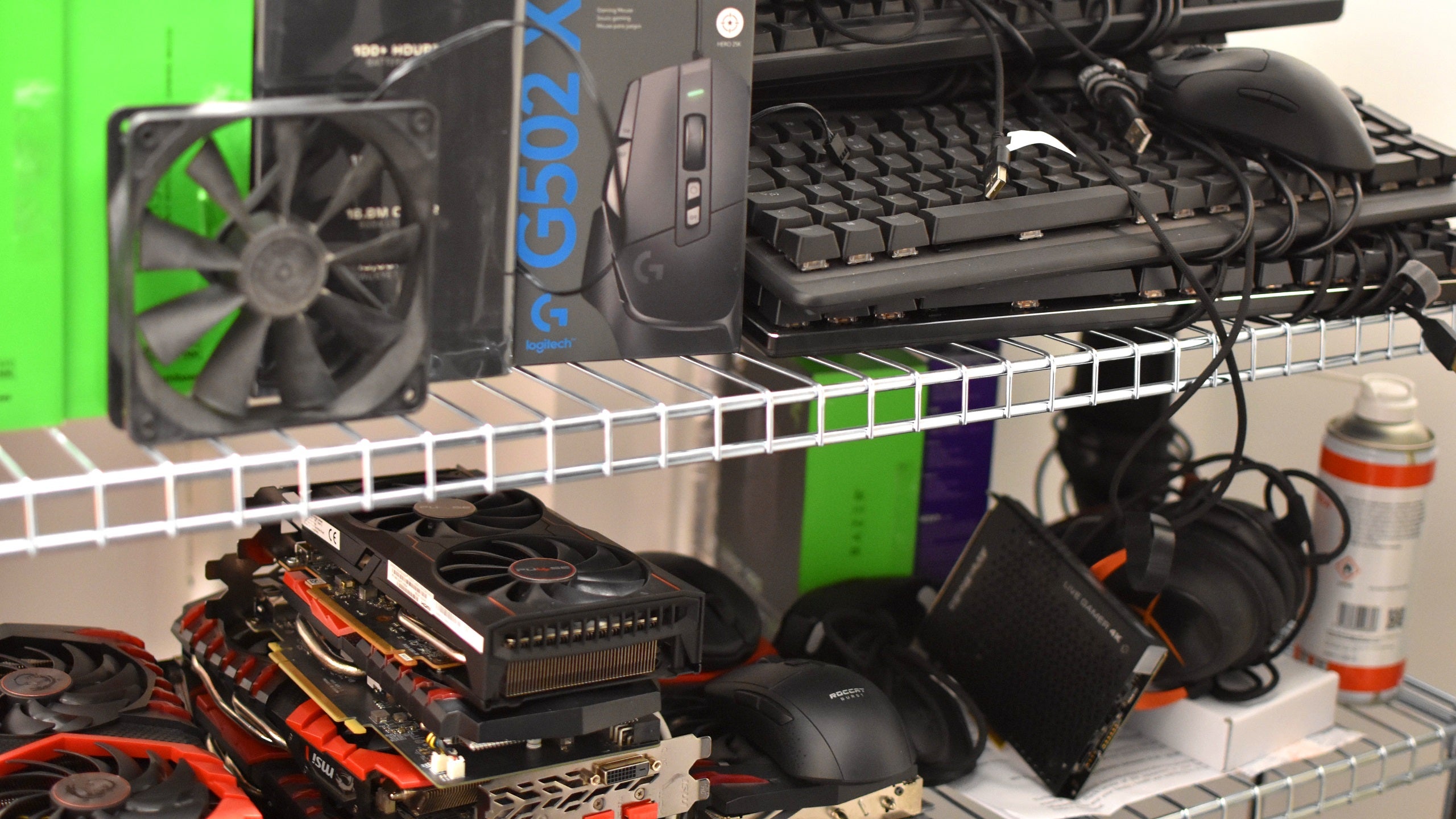Nvidia GeForce RTX 3080 review
We test the Asus TUF Gaming GeForce RTX 3080 OCOn paper, Nvidia's new GeForce RTX 3080 lays claim to a lot of sexy headlines. Its 4K gaming performance is significantly faster than its immediate and identically priced predecessor, the RTX 2080, and it even beats Nvidia's previous flagship, the RTX 2080 Ti, offering 4K 60fps speeds on max settings in almost all of today's top games for almost half the money. Indeed, the RTX 3080's official starting price of £649 / $699 also makes it a tempting proposition for current GTX 1080 owners. It not only doubles your PC's 4K gaming chops, but it also brings a substantial speed boost to playing games at 2560x1440, with my benchmark figures showing improvements of at least 70-80% across a spread of today's big blockbusters. Add in all its ray tracing and DLSS gubbins and PCIe 4.0 support, and it appears to be a very solid foundation on which to build your "next-gen" gaming PC.
"Appears" is very much the operative word here, though, as until we know what's going on with AMD's rival Big Navi GPUs (which are due to be unveiled on October 28th), it's impossible to say whether the RTX 3080 is the 4K graphics card you should actually consider buying right now. Admittedly, the current stock shortages have largely put paid to that dilemma. The RTX 3080 is rarer than hen's teeth at time of writing, and most retailers aren't forecasting a proper re-stock until well after AMD's big launch, at which point we'll have a much better idea of exactly how the RTX 3080 stacks up in the next-gen 4K gaming area.
Still, as a taste of what's to come for 4K gaming, the RTX 3080 paints a very rosy picture, and to see what Nvidia's new flagship Ampere GPU is capable of, I've been testing Asus' TUF Gaming GeForce RTX 3080 OC edition.
Nvidia GeForce RTX 3080 review in a nutshell
The good...
- 4K 60fps performance on max settings in almost every game going
- Significantly improved ray tracing and DLSS performance
- Sets the benchmark for "next-gen" 4K graphics cards
The bad...
- Needs a beefy power supply (at least 750W)
- Needs a powerful CPU to get the most out of it
- It's very expensive right now due to limited stock available
Unlike the Nvidia Founders Edition of the card, Asus' TUF card uses a traditional 2x 8-pin power connector rather than Nvidia's special 12-pin connector, and its trio of fans are all located on the same side of its aluminium shroud. There's a very small vent at the end of the card to allow some of the hot air to escape upwards toward your PC's rear exhaust fan, mimicking the dual-axial fans of Nvidia's reference card design, but it's not quite as fancy or sophisticated as having proper double-sided fans like the FE version of the RTX 3080.
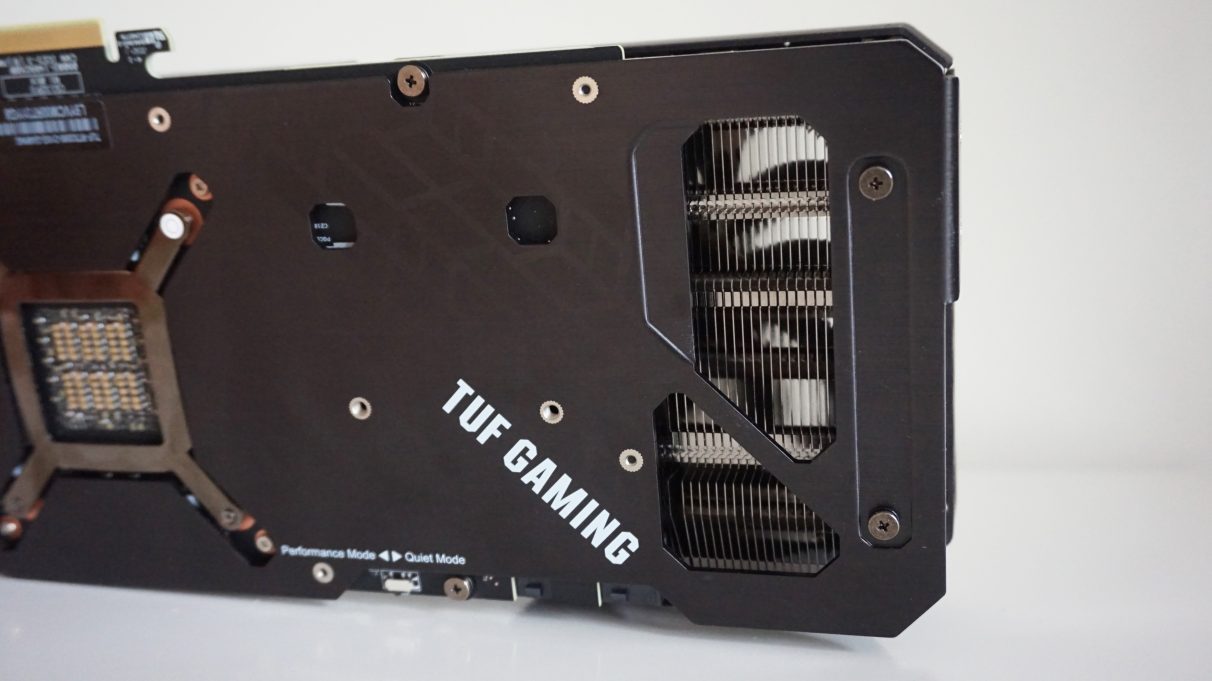
It still expels a heck of a lot of hot air out the back of the case, though, and my office at home became noticeably hotter after a day of benchmarking. The TUF's 2.7 slot design is a real whopper inside my case, too, and its 300x127x51.7mm dimensions only just about fit in front of the remaining HDD bays I've got. As a result, I'd highly recommend checking your case has enough clearance to accommodate your RTX 3080 of choice before you buy. It's not just its size that's potentially prohibitive, either. Nvidia have increased the recommended PSU requirements to 750W for the RTX 3080, so you may also need to buy a new power supply in order to accommodate it.
Happily, despite its beefy size and power requirements, Asus' cooling mechanisms are clearly working hard on the TUF OC, as noise levels were kept to a relative minimum. At no point did I feel the need to flip the little BIOS switch on the side of the card from its default 'Performance' mode to 'Quiet', for example, and overall it was perfectly manageable. Maybe not quite as whisper quiet as Nvidia's previous RTX reference cards, all told, but certainly less noisy than a lot of third party AMD cards I've tested in the past.
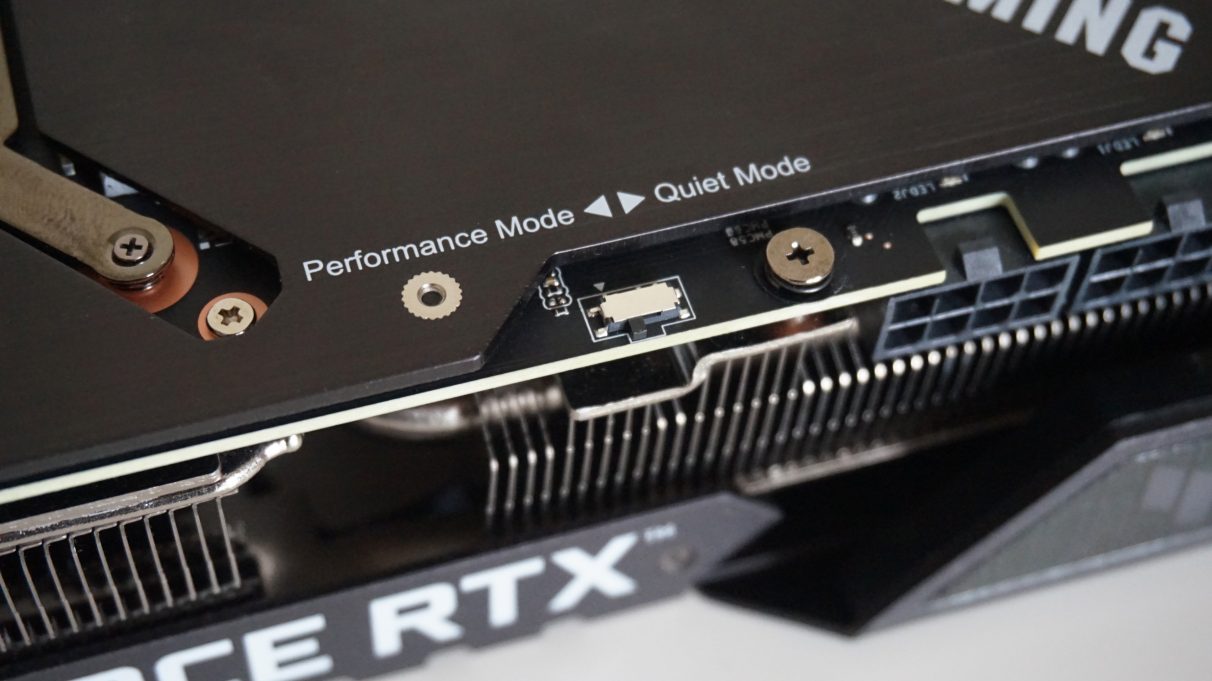
RTX 3080 4K benchmarks
The RTX 3080 is quite the brute when it comes to raw gaming performance, making it the 4K graphics card to beat going forward. As I alluded to earlier, this graphics card is capable of hitting a smooth 60fps on max settings at 4K in nearly all of today's toughest games, a feat that was previously only achievable on the significantly more expensive RTX 2080 Ti. In fact, the RTX 3080 goes even further than the RTX 2080 Ti in a lot of cases, offering an average boost of around 15-20fps on those very top quality settings.
This means that tough games such as Metro Exodus finally lurch over the 60fps mark in its dedicated benchmarking tool on Ultra settings, averaging 68fps versus the 2080 Ti's 49fps. The RTX 3080 is also able to make a much better fist of the game's ray tracing support, too. You'll still need to enable DLSS to hit that 60fps sweet spot with ray tracing set to Ultra (and High, for that matter), but that's still better than trundling along in the low 50s on the 2080 Ti.
Final Fantasy XV was also a lot more pleasant to play on the RTX 3080 on its Highest graphics settings at 4K, with my jaunts up and down the hills of Duscae averaging 72fps with all of the extra Nvidia effects switched off, and 59fps with HairWorks and TurfEffects switched on. Interestingly, it still only managed an identical 42fps average to the RTX 2080 Ti when I added in ShadowLibs and its tough VXAO setting, but the RTX 3080's improved Tensor Cores and DLSS capabilities quickly put it back out in front again. Whereas the RTX 2080 Ti was only ever able to manage an average of 51fps with DLSS when all the Nvidia effects were in play, the RTX 3080 boosted that all the way up to an average of 63fps - which is also a very pleasant improvement on the 42fps average managed by the RTX 2080 Super, too.

As for Monster Hunter: World, previous RTX cards definitely needed its DLSS support to hit 60fps on its top Highest setting at 4K, but not so with the RTX 3080. Here, it averaged 59fps in my sprint across its Ancient Forest environment, up from the 45fps average I recorded for the RTX 2080 Ti without DLSS and 35fps on the RTX 2080 Super. Switch on DLSS with the RTX 3080 and you're absolutely laughing, as it averaged an impressive 83fps overall.
It was a similar picture over in Shadow Of The Tomb Raider as well. Here, the RTX 3080 managed an impressive 57fps average on Highest at 4K with its demanding SMAA x4 anti-aliasing setting in effect, which is quite the improvement on the RTX 2080 Ti's 42fps average. Admittedly, you will need to enable DLSS in order to maintain that frame rate with its Ultra-fied ray tracing setting switched on, but I think you'll agree that an average of 70fps is still quite the improvement over the RTX 2080 Ti's 54fps average and the RTX 2080 Super's 43fps average.
Of course, the number of games that actually support ray tracing and DLSS is still reasonably small at the moment, but the RTX 3080 still sets a high standard when it comes to general raw performance, too. In Assassin's Creed Odyssey, for example, it was still able to average 60fps on its top Ultra High setting at 4K, and an even smoother 67fps on Very High. Admittedly, that's not a huge amount extra on top of the RTX 2080 Ti's 54fps average on Ultra High, but if I was an RTX 2080 Super owner at the moment, I'd be looking at my average of 43fps and wishing I'd held out for the RTX 3080.

In fact, the only game where I really felt the RTX 3080 had met its match at 4K was Total War: Three Kingdoms. Here, I only managed an average of 47fps in its Battle benchmark, which is still perfectly playable, but not really much of an improvement on the RTX 2080 Ti's 45fps average, or indeed that materially different to the RTX 2080 Super's average of 35fps. Still, whereas the RTX 2080 Super has the settle for Medium to get a smooth 60fps, the RTX 3080 only requires a drop down to High before you're averaging a very pleasant 68fps again.
Its extra horsepower also bodes well for older games that are in line for future ray tracing upgrades, too, such as The Witcher III. Both the RTX 2080 Super and RTX 2080 Ti are more than capable of hitting at least 60fps in The Witcher III on Ultra settings at 4K at the moment, but even now they only average 65fps and 70fps respectively. The RTX 3080, on the other hand, managed an average of 87fps during my horseback ride around the forests of White Orchard, making it much more likely to stay above the 60fps line when its ray tracing update arrives with the launch of the game's upcoming Complete Edition.
RTX 3080 1440p and 1080p benchmarks
Unsurprisingly, the RTX 3080 makes short work of max settings at a 1440p resolution, too, often achieving average frame rates of 90fps+ (if not into the 100s in some cases) in practically all of the games mentioned above. Only Assassin's Creed Odyssey proved to be a bit of a sticking point here, averaging 64fps. However, I suspect this was more a limitation of my Core i5-8600K CPU than anything else, as when I tested it again with Intel's new Core i5-10600K processor, its benchmark score shot up to a much more respectable 80fps.
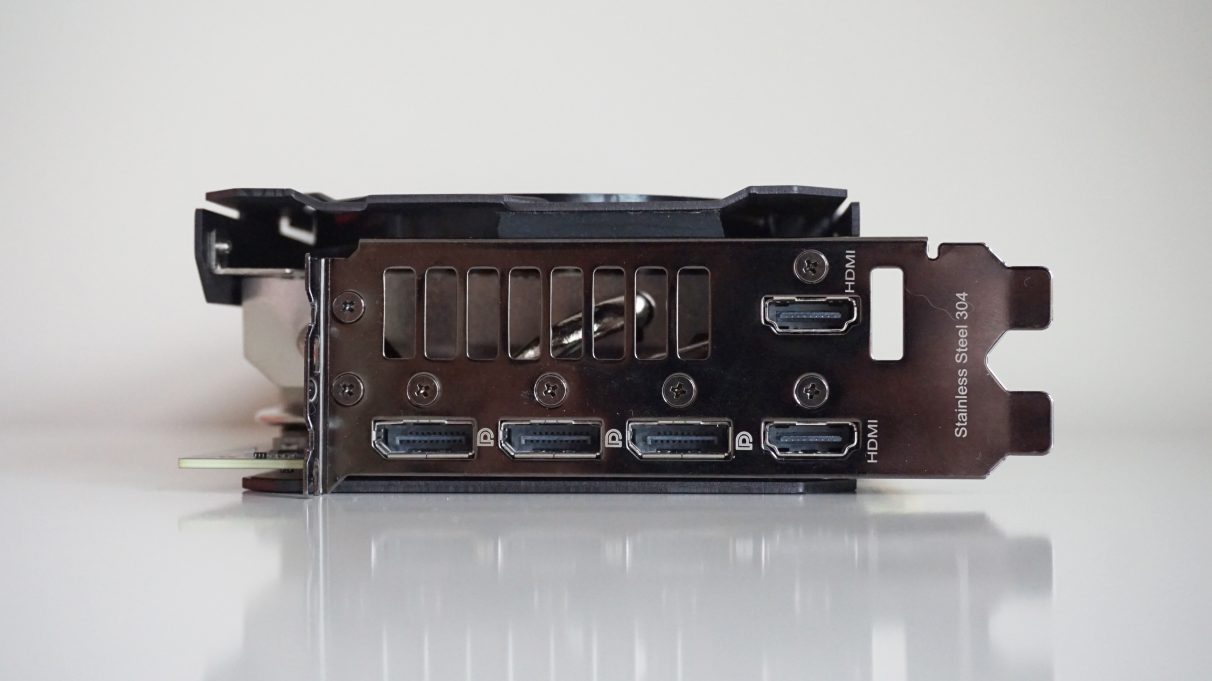
Speaking of new CPUs, it probably goes without saying that you will need a more powerful processor than a Core i5-8600K to get the most out of the RTX 3080 at 1920x1080, too - especially if you want those 100fps+ frame rates on max settings. Indeed, my 8600K fell into exactly the same pitfalls I had with the original RTX 2080 at this resolution, producing nigh-on identical results to my 1440p benchmarks instead of being significantly higher.
That doesn't necessarily mean you need to have a Core i7 / Ryzen 7 CPU, though (although it certainly will help). When I put the RTX 3080 in my Core i5-10600K build, for example, its 1080p performance often increased by another 20fps or so, boosting Tomb Raider and Total War up to just over 120fps from their 8600K-bound scores of 102-4fps, to give just two examples. The difference was a lot less pronounced when I re-tested at 1440p, though, and made naff all difference at 4K. As a result, it's really only 1080p where you have to worry about bottlenecks, as you're still going to be GPU-bound when you push into higher resolutions.
RTX 3080 conclusion
If you're the kind of person who wants to be able to play all of today's toughest games on max settings at 4K, the RTX 3080 is potentially a very worthy upgrade. Its second generation RT Cores and third generation Tensor Cores for its DLSS put it in a much better position than than its RTX 20-series predecessors ever were for tackling the onward march toward all things ray tracing, and it's also more than capable of filling out those high refresh rates on 1440p gaming monitors, too.
However, as I mentioned right at the start of this review, opting for an RTX 3080 now without waiting to see what AMD have up their sleeve would be short sighted. Heck, even if new AMD GPUs weren't on the cards, Nvidia's own RTX 3070 has plenty of potential to undermine the RTX 3080, too, especially if what you're after is a catch-all 1440p monster with still very good 4K performance. Indeed, I suspect this will be the card that's arguably the better upgrade for a lot of people, especially if Nvidia's faster-than-RTX-2080-Ti power claims end up proving true.
So, yes, the RTX 3080 is indeed a very powerful graphics card, and Asus TUF Gaming OC Edition is a very good version of it. But until we know the full picture of what tomorrow's 4K graphics cards are going to look like, I wouldn't advise anyone to go and open up their wallets and pay one of today's extortionate mark-ups for it. It sets a very high standard for what's to come, though, and I'll be very interested to see if AMD manage to beat it come the end of October. The race for 2020's best graphics card is well and truly underway.

